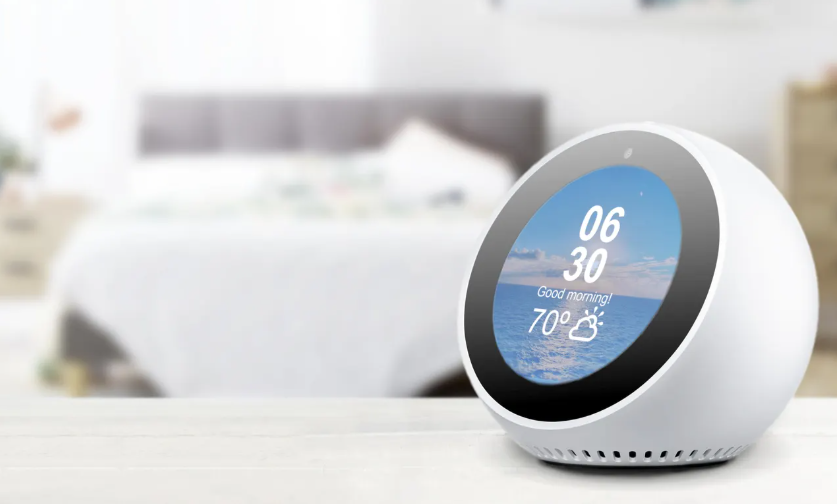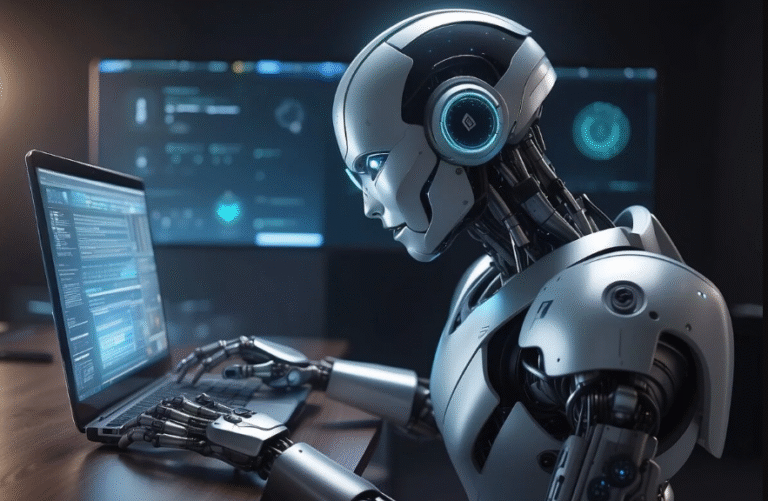Artificial Intelligence in Everyday Devices

Artificial intelligence has become a cornerstone of modern technology, seamlessly integrating into everyday devices. Smart assistants simplify daily tasks, while AI-powered appliances enhance household efficiency. Machine learning personalizes user interactions, adapting to individual preferences. Additionally, AI’s influence extends to home security, promising increased safety. As these technologies evolve, they raise important questions about their long-term implications and potential challenges. The exploration of these facets reveals a complex landscape worth examining further.
The Role of Smart Assistants in Daily Life
As technology continues to evolve, smart assistants have become integral to modern daily life, seamlessly integrating into routines and enhancing productivity.
Utilizing advanced voice recognition, these digital companions facilitate task automation, allowing individuals to manage schedules, control smart devices, and access information effortlessly.
This empowerment fosters a sense of freedom, enabling users to focus on what truly matters while efficiently navigating daily responsibilities.
See also: AI vs. Human Intelligence: What’s the Real Difference?
AI-Powered Home Appliances: Enhancing Convenience
Smart assistants have paved the way for a new era of AI-powered home appliances, which further enhance convenience and efficiency in everyday tasks.
Robotic vacuuming devices autonomously clean floors, allowing users to reclaim their time.
Meanwhile, intelligent washing machines optimize laundry cycles based on fabric type and load size, revolutionizing household chores and providing a seamless blend of technology and convenience in modern living.
Personalized Experiences Through Machine Learning
How can machine learning transform the way individuals interact with their devices?
By utilizing adaptive learning, devices can analyze user behavior, offering personalized recommendations that cater to individual preferences.
This technology enables seamless interactions, enhancing user satisfaction and engagement.
As machine learning continues to evolve, the potential for creating tailored experiences becomes limitless, empowering users to enjoy a more intuitive relationship with their technology.
The Impact of AI on Home Security Systems
The integration of artificial intelligence into home security systems has significantly enhanced safety measures, transforming traditional approaches to monitoring and protection.
Utilizing facial recognition technology, these systems can identify individuals and reduce false alarms.
Furthermore, predictive analytics allows for the anticipation of security threats, enabling homeowners to react proactively.
This evolution in home security empowers individuals to safeguard their freedom and privacy more effectively.
Conclusion
As artificial intelligence continues to weave itself into the fabric of everyday life, it not only simplifies tasks but also enriches human experiences. Imagine a world where technology anticipates needs, transforming homes into havens of comfort and security. This evolution heralds a future where convenience and personalization flourish, allowing individuals to reclaim precious time and foster deeper connections. In embracing AI, society moves toward a smarter, safer existence—one that empowers rather than isolates, enhancing the essence of daily living.





